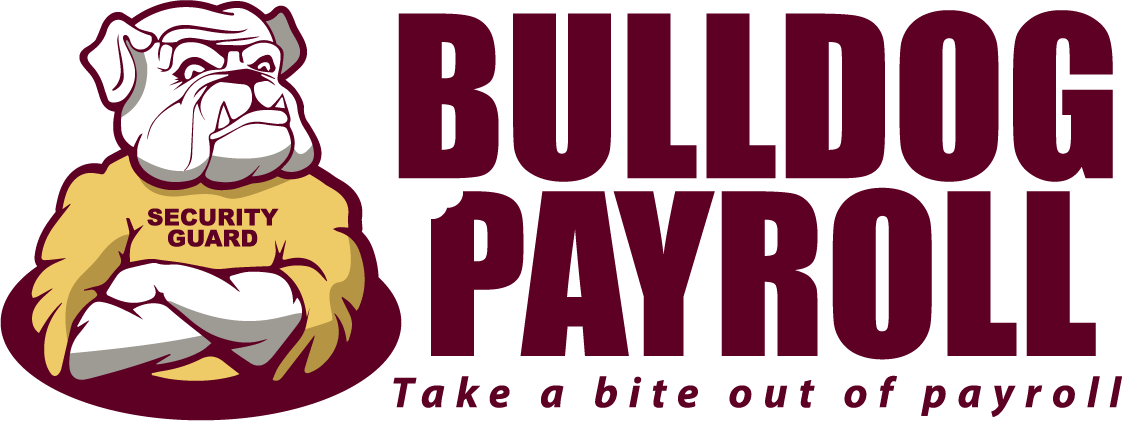What Is a Payroll Service Provider
Did you know that outsourcing payroll management is a quick way to grow your business?
As a small business owner, you most likely deal with a plethora of expenses that make it seem difficult to expand. However, having a payroll service provider on your side can ensure that you outperform other businesses in your industry.
"But what is a payroll service provider?"
This is something that many small business owners question, but it doesn't take long to understand who they are and how they can help you.
Read on to learn everything you need to know about payroll services for small business owners.
What Is a Payroll Service Provider?
A
payroll service provider is essentially a company that manages anything payroll-related. These companies can provide a plethora of benefits to help you reduce expenses and focus on the core of your business.
When hiring a payroll service provider, you'll have access to full-service payroll and an online payroll system. With these, your business can handle payment processing, direct deposits, tax payments, and more. You don't even need to ask "what is a payroll provider" to realize how much they can help.
Full-Service Payroll Provider
Unlike in-house payroll processing, a full-service payroll provider is a third party. Outsourcing payroll to a third party prevents you from having to hire someone or take time away from running your business. Aside from that, they can do everything an in-house team can do and more.
Full-service payroll providers are often more cost-effective than hiring an in-house team because you only need to pay them when their services are needed. With an in-house team, you may have to pay for an employee's yearly salary. Aside from that, you'd have to pay for training, which could take a lot of time.
Online Payroll System
With a full-service payroll provider comes an online payroll system that can be used remotely to handle all payroll tasks. Despite outsourcing payroll management to a third party, you can see everything they're doing from within the system.
Is payroll a thorn in your side? Let us handle all the stress related to payroll so you don't have to...
What Does Payroll Service Include?
From the moment you hire payroll services for small business owners, you'll be relieved of many tasks that would otherwise take a lot of time. For example, filing tax documents whenever you pay employees requires you to check through various records.
So why use a payroll service? Here are the main services included:
Payroll Reports
A payroll report outlines how much money was spent during a pay period. These reports are crucial when it comes to filing taxes because you need to submit accurate numbers. Aside from taxes, they'll help you create a business budget so you can allot more money elsewhere.
Payroll Tax Payments
When paying employees, employers are required to deduct
payroll tax from their payments. This payroll tax must then be sent to the government, so a payroll provider will ensure that the correct amount is deducted at all times.
Supporting Journal Entries
Here at
Bulldog Payroll, we provide our clients with supporting journal entries to help them get a better understanding of the transactions we make. This is something that few payroll providers, but we offer this service because it ensures that we can earn your trust.
Within these journal entries, we'll outline all transactions with supporting documents so that you know exactly where money is going and why.
Annual W2 and 1099 Reporting
The main two tax documents you'll provide to employees are W2 forms. The W2 is provided to those in which you deduct taxes from their income. The 1099 form is given to those that are contracted to work under your business, but are technically self-employed. You don't need to deduct taxes from 1099 employees.
When providing these documents to employees, a payroll service provider will create a report so that you can see who was given each document.
Employee Direct Deposit
Many businesses hire payroll service providers solely for their hassle-free direct deposits. With their online payroll system, they can send mass payments to all employees based on their pay schedule.
Local, State, and Federal Filings
Payroll services for small business owners can file local, state, and federal taxes for you so that everything is accurate. Because of the other documentation services they provide, having them file taxes is much easier than having an in-house team do them.
Payroll Service Add-On Options
Many people ask, "what are the pros/cons of using a payroll service provider?" Fortunately, you won't find any cons when working with one because of how many benefits they provide. You can check out the other
payroll FAQ to get a better understanding of why there aren't any cons.
Not only can you outsource payroll management, but you can also get several add-on options to further improve your business.
Time Tracking
If you have employees that earn hourly wages, you'll need to invest in time tracking to ensure they're getting paid the correct amount. With a payroll service provider, you can use a digital time tracker to monitor the exact times in which an employee works.
HR Services
Payroll providers can also offer HR services to help both you and employees when needed. They can take care of recruiting, onboarding, training, and more.
401k Retirement Plans
Depending on the payroll service provider you work with, you may get access to 401k retirement plan administration. This service allows you to outsource 401k recordkeeping, which is useful because they'll have all the info they need to assist employees.
Start Working with a Payroll Service Provider Today
Now that you've read this article, you no longer need to ask yourself, "what is a payroll service provider?" We encourage all businesses, both small and large, to invest in a payroll service provider because of how much they can improve them.
Here at Bulldog Payroll, we'll help your business maximize profits and reduce expenses.
Contact us now to learn more about our payroll services for small business owners.
Are you looking for more payroll processing information? Check out our Ultimate Guide to Payroll Processing.
Is payroll a thorn in your side? Let us handle all the stress related to payroll so you don't have to...










